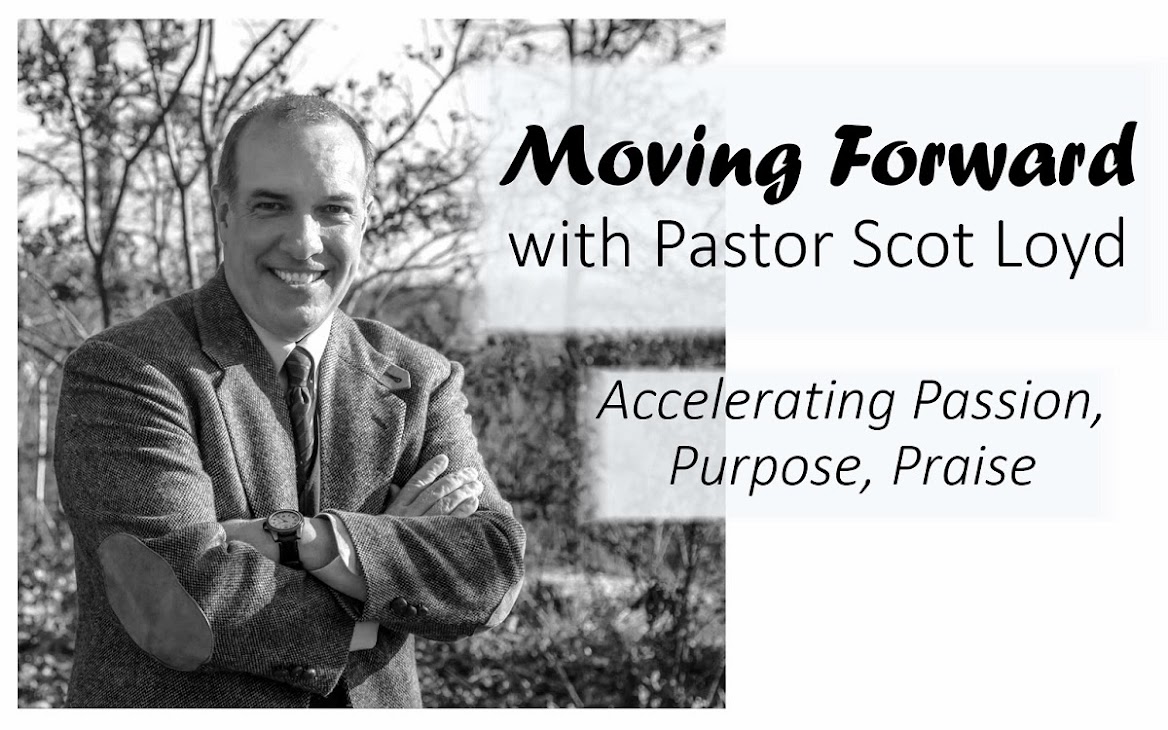The historic
Collins Theater in Paragould, Arkansas is the scene of a cultural resurgence
embodied in a twang and strum, as traditional and contemporary blue grass music
fill the air, as well as the hearts of those that listen.
On this particular
February night Donna Ulisse and The Poor Mountain Boys are the instruments. The
down home harmonies strike a blend of nostalgic emotions tempered by
musicianship and showmanship providing a warm tapestry of lyrical comfort. The
singers and the songs provide a reflection to the audience, mirroring the years
and experiences of those who listen and sing along. The biblical Proverbs
describe gray hair as “a crown of honor”, making the Collins Theater a throne
room of Imperial dimensions. The songs are filled with stories paying tribute
to the musical heroes of honky-tonks and transistor radios past and present alike.
Loretta Lynn, Merle Haggard, Bonnie Ratite, Dottie Rambo, give those present a
sense of shared heritage and kinship.
The heritage of
the blue grass community is recorded in the voices of those who sing. What
emerges is a shared cultural experience being passed from one generation to the
next. Those who worry about the fans of this particular genre soon keeping the
company of the roots of tall trees should remember that every generation that
passes, does so with empty hands and hearts, because the music lives beyond the
grave. Ulissie sings “Music is showing my roots, my past is shining like a
beacon, singing in cowboy boots.” This is the lyrical Velcro, holding together
the living and the dead.
The instruments
are simple, bass, banjo, guitar, and mandolin, held in the hands of simple men
and one woman with talent forged on the front porches of rural Appellation
communities and in urban conclaves of eclectic taste. This music refuses to be
pigeonholed.
The rhythm and
pace isn’t contained to the stage, it fills the audience. This is not an
uneducated hoi polloi; these are musical and lyrical connoisseurs, qualified
simply by their inclusion in this moment. The singers, the instruments, the
voices of the audience, the applause, and the cacophony are symbiotic. They
merge to form the shared moment, Blue
Grass Monday.
The songs are
arranged by the band in a progression of fast to slow, fast again. Reflective
and joyful, in sorrow and pain, diverse melancholy describes the myriad of
emotions sweeping over the convocation transforming them into a congregation
that would be envied by any preacher worth his salt. This is not a passive
audience soaking up culture; this is a revival of spiritual significance.
Through the catharsis of song the participants sin, repent, are baptized in the
muddy waters of past regret and future hopes, and are reborn speaking in the
tongues of instrumental soliloquys. “Red curtain, black snake, tar truck”
unusual combinations resulting in new colors of musical content added to the
pallet by the likes of “two-dollar Bill” “Papaw” and “Honey”. Donna leads these
artists to paint beautifully a picture of a brilliant sunrise or glorious
sunset, often in the context of the same song. The glue of personification
holds the words of the songs together, mountains are alive, the moon is crying and
the flowers are speaking. This is “Blue Grass Monday”, not an event but a
renaissance, an awakening.
Interrupted only
by intermission. The audience requires a brief moment to once again engage in
reality, to feed the stomach, relieve the bladder. To smile, nod, comment on
the weather, to purchase the experience so that they may relive the moment, or
share it with others, although it will be no match for the living it. The band
returns, the lobby clears, the bathroom doors swing shut, and the lights dim. The audience settles in to be dazzled once
again. Musically and lyrically mesmerized, hypnotized, the audience reassumes
its trance.
Music is a thing.
It can be touched, held, grasped, witnessed. Music engages the emotions and
challenges the mind. The crowd inhales one more note, one more story, one more
lyric, rhyme, rhythm with every strum and twang. There is movement, toe
tapping, hand clapping, and the shouting of “Sing one moe!” from the back of
the auditorium followed by applause and accommodation by The Poor Mountain
Boys. The band will not be released without a fight; a ransom in the currency
of encore will be delivered. Another song, more applause, more shouting,
hollering. Home.
Why does this
matter? Humanity longs for a sense of belonging. A place of spontaneity and
structure, and Blue Grass Monday
provides this. People who have been challenged by the monotony of life find a
refuge, in the nostalgia of the moment.
Donna Ulissie is our father, the music our mother, each musician our
brother our sister, every audience member our aunts, uncles and cousins. Grandmothers
and grandfathers are ubiquitous. This is
the grand family reunion we all long for! Authentic. Organic. This is home.


No comments :
Post a Comment